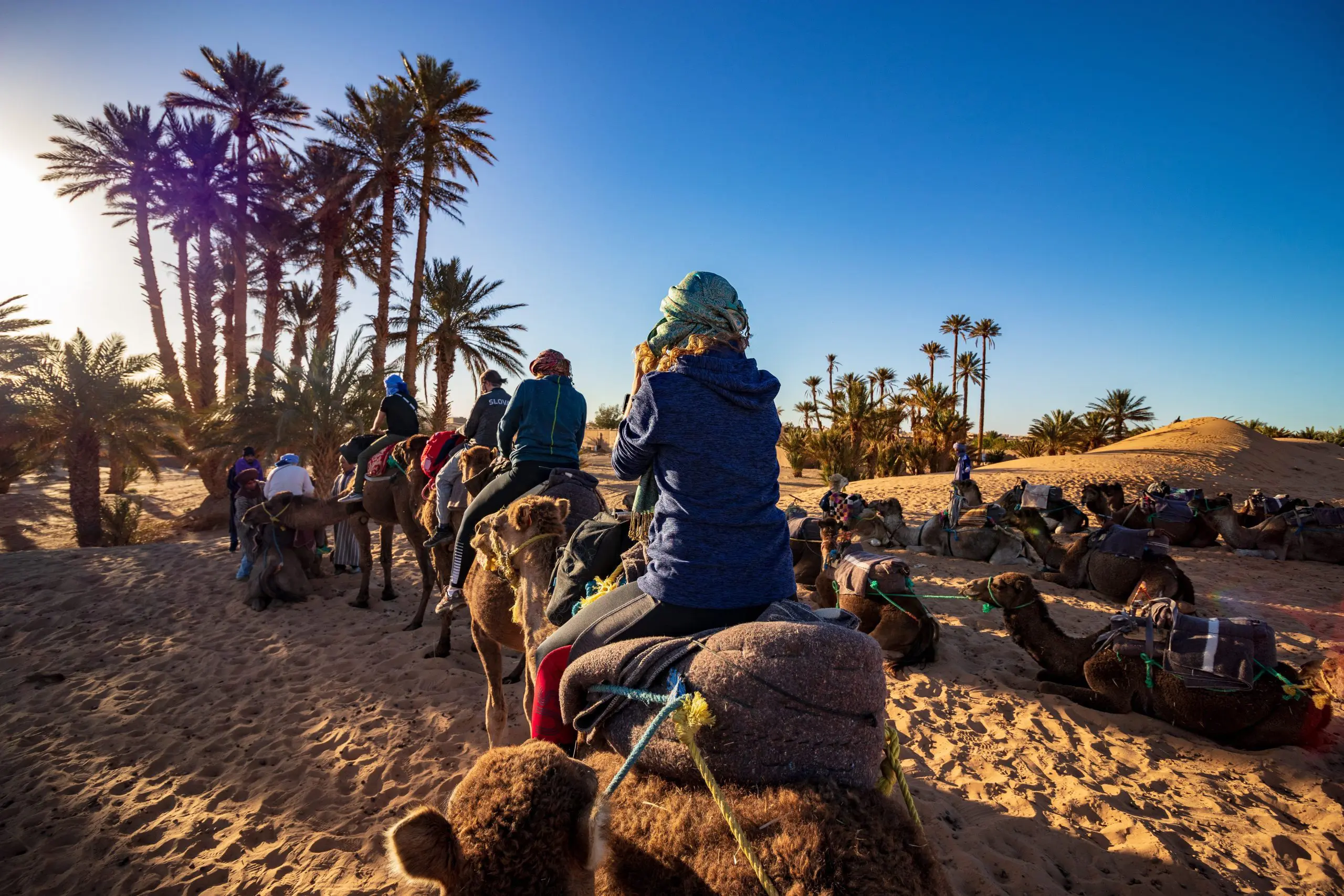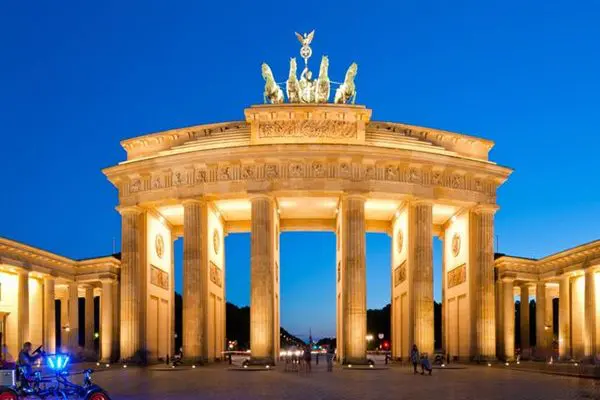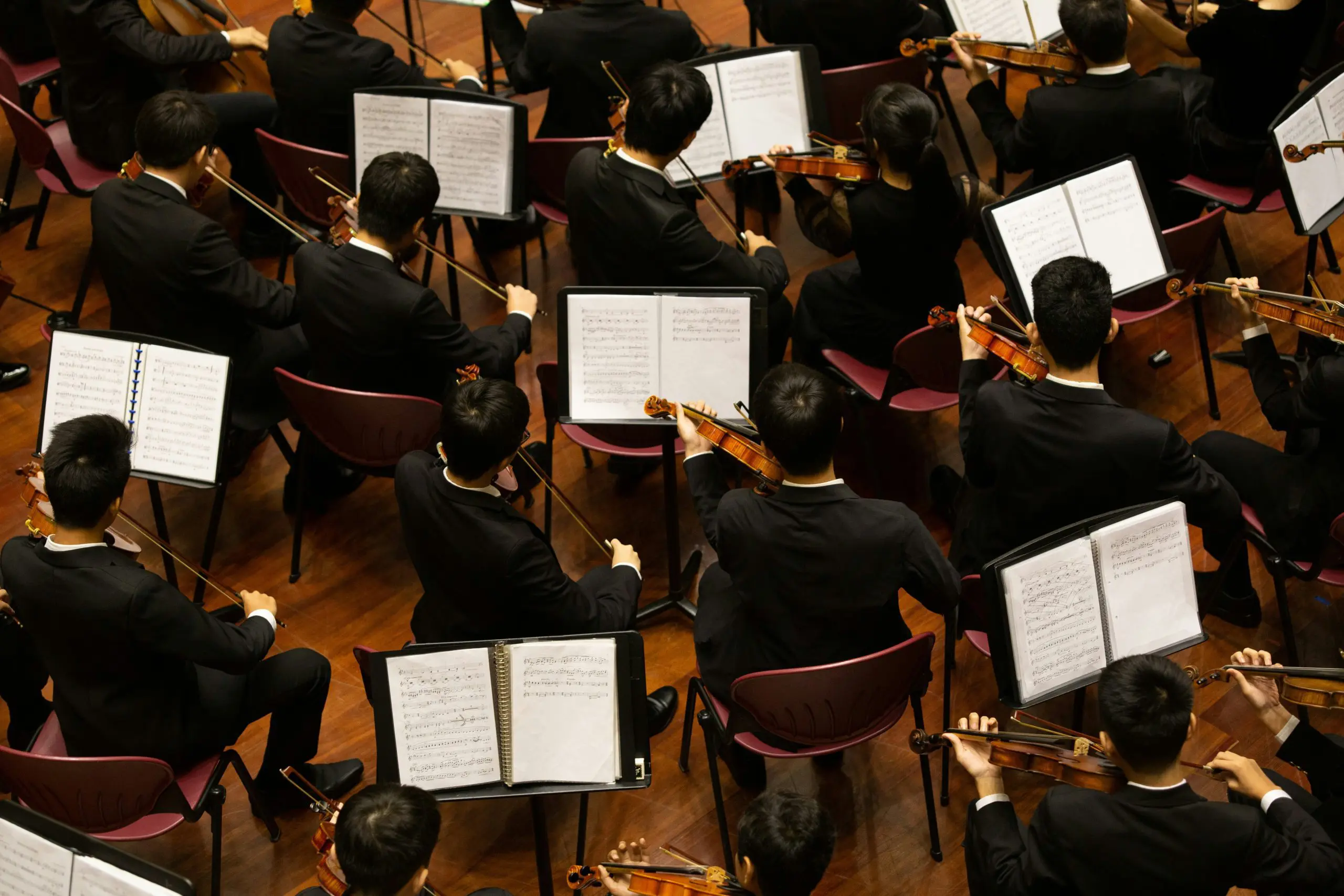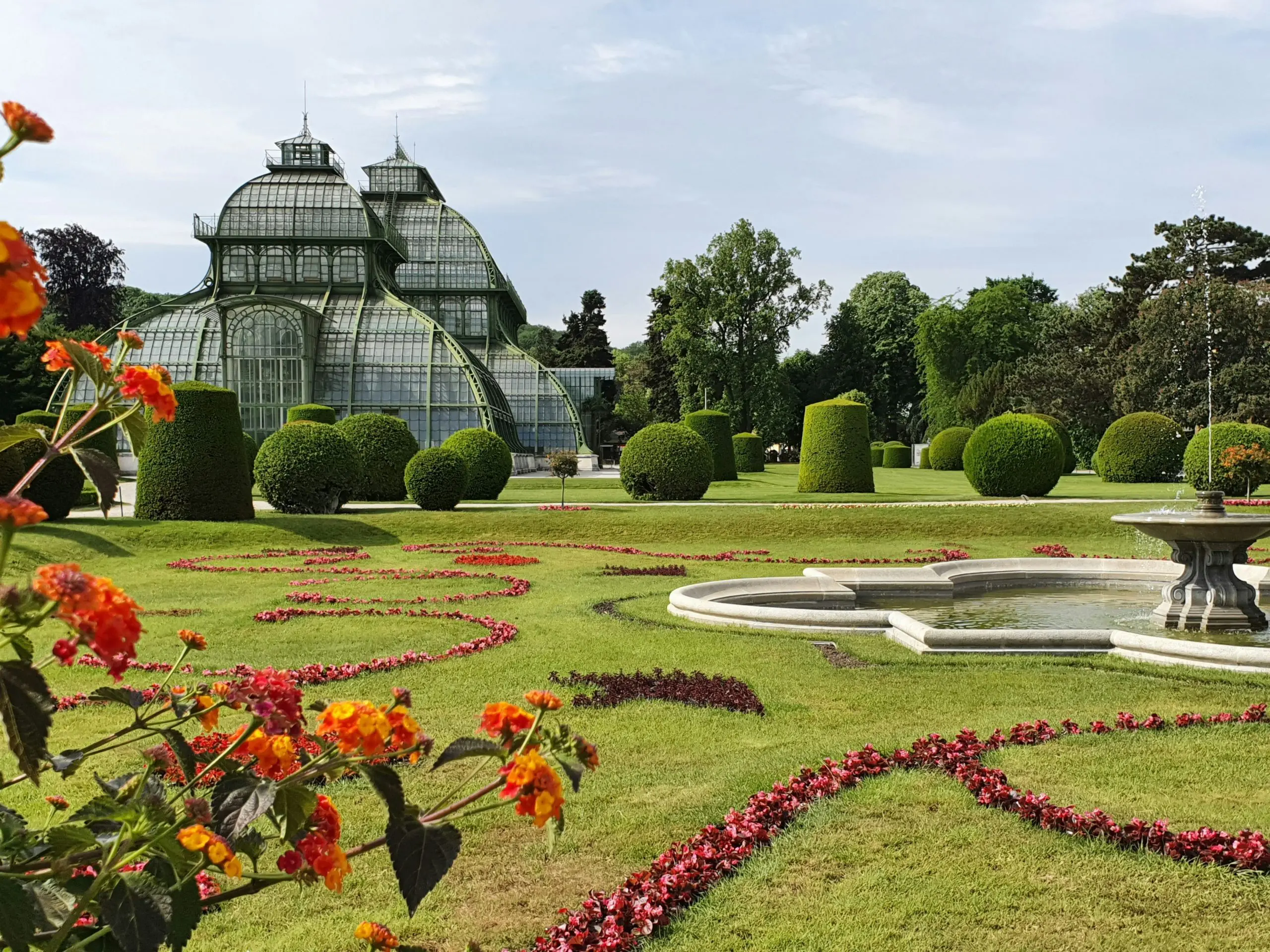Embark on a Bavarian adventure armed with these essential insights and quirky tidbits about Munich – your ultimate pre-travel checklist!

Before packing your bags for Munich, the vibrant heart of Bavaria, it’s essential to arm yourself with some insider knowledge to fully embrace the city’s rich history, lively beer culture, and stunning architecture. From navigating the famed Oktoberfest to exploring the serene Englischer Garten and understanding local customs, this guide will ensure you’re well-prepared to dive into Munich’s unique blend of traditional charm and modern sophistication.
Are you wondering “What are some things to know about Munich?”? Here is all you need to know.
A Brief History of Munich
Munich, the capital of Bavaria, has a rich history that dates back to at least the 12th century. Initially a monastic settlement, it was granted city status and market privileges in 1158 by Emperor Frederick Barbarossa. Munich quickly grew in importance due to its strategic location on the Salt Route and its role in the salt trade.
Over the centuries, it became a center of the German Renaissance, witnessing significant cultural development and architectural achievements. Munich’s history is also marked by its role in World War II and the post-war era, making it a city with a complex and layered past.
Yes, you can speak English in Munich. As a major international city and a hub for business, education, and tourism, English is widely spoken and understood, especially in the city center, tourist attractions, hotels, and restaurants. Many locals have a good grasp of English, making it easy for English-speaking visitors to communicate during their stay.
You can drink the tap water in Munich. The water quality in Munich is excellent, sourced mainly from the Bavarian Alps, making it safe and pleasant to drink straight from the tap. It’s not only a sustainable choice but also a way to enjoy some of the freshest water in Germany.
Munich is generally considered safe to walk in at night, especially in the city center and other well-lit, busy areas. Like any major city, it’s wise to stay aware of your surroundings, especially late at night or in less crowded areas. Common sense safety precautions, such as avoiding poorly lit streets and being mindful of your belongings, are advisable.
Munich is renowned for its Oktoberfest, the world’s largest beer festival, attracting millions of visitors. It’s also known for its beautiful architecture, rich history, and vibrant arts scene, including museums like the Deutsches Museum. Munich’s Englischer Garten is one of the largest urban parks globally. The city’s dedication to soccer is evident through FC Bayern Munich, one of the most successful football clubs. Munich’s proximity to the Bavarian Alps also makes it a gateway for outdoor enthusiasts.
10 Amazing Things to Know About Munich – Beer, Markets, and More

1. Beer Culture and Oktoberfest
Munich is globally renowned for its beer culture, being home to the world-famous Oktoberfest. This annual festival, running from late September to the first weekend in October, draws millions to celebrate Bavarian culture, enjoy folk music, and, of course, savor a wide variety of beers.
Iconic spots like the Hofbräuhaus and various beer gardens across the city, such as the Chinesischer Turm, offer traditional settings to enjoy a stein among locals.
For those seeking a unique experience, Munich’s beer spas and the vibrant craft beer scenes in neighborhoods like Gärtnerplatz showcase the city’s blend of tradition and modernity in beer culture.
2. Englischer Garten

One of the largest urban parks in the world, larger than New York’s Central Park, the Englischer Garten is a peaceful oasis in the city. It offers a perfect spot for relaxation, with its sprawling lawns, serene lakes, and beer gardens, including the iconic Chinesischer Turm.
For the best experience in Englischer Garten, visit the Japanese teahouse and garden at sunset. Built in 1972 to celebrate the Olympics held in Munich, it offers tea ceremonies on certain days, providing a serene and cultural experience amidst the natural beauty of the park.
3. Museums and Art
Munich stands as a vibrant epicenter for those who cherish culture and history, presenting itself as a veritable treasure trove waiting to be explored. At the heart of this cultural richness is the Kunstareal district, a renowned quarter that beckons art aficionados and history buffs alike.
The Alte Pinakothek stands out as a beacon of Renaissance and Baroque art, housing an impressive collection of European masterpieces from the 14th to the 18th centuries.
Let the Neue Pinakothek be your next step. Here, you’ll traverse the fascinating bridge from classical to modern sensibilities, immersing yourself in an expansive collection of 19th-century masterpieces.For those seeking a unique experience, Munich’s beer spas and the vibrant craft beer scenes in neighborhoods like Gärtnerplatz showcase the city’s blend of tradition and modernity in beer culture.
4. BMW Welt and Museum
Car enthusiasts will be thrilled by the BMW Welt and Museum, which presents the brand’s history and its vision for the future. The complex is an architectural marvel, offering insights into the craftsmanship behind luxury vehicles. This is one of the lesser known things to know about Munich, and you will get to have an authentic experience of Bavaria’s modern side.
5. Marienplatz and the Glockenspiel

The heart of Munich, Marienplatz, is known for the New Town Hall (Neues Rathaus) and its Glockenspiel. This historic square is dominated by the New Town Hall (Neues Rathaus), an architectural marvel of the Gothic Revival style that commands the city’s skyline with its intricate facades and towering spires.
The centerpiece of the New Town Hall, its Glockenspiel, is a marvel of mechanical ingenuity. This elaborate clock features 32 life-sized figures and 43 bells. While you are there, make sure to catch the Glockenspiel show in Munich’s Marienplatz at 11:00 a.m. or 12:00 p.m. (noon).
From March to October, there is a third showing at 5:00 p.m, and you can watch reenactments of historical Bavarian events, including the 16th-century wedding of Duke Wilhelm V and Renata of Lorraine.
6. Viktualienmarkt

A food lover’s paradise, Viktualienmarkt is a vibrant outdoor market offering fresh produce, artisanal foods, and a variety of eateries. It’s a perfect place to sample traditional Bavarian delicacies.
You should not miss the chance to indulge in traditional Weißwurst, served with sweet mustard and fresh pretzels, or the flavorful Obatzda cheese spread, a perfect complement to the iconic Bavarian Brezeln.
The market is also a prime spot to sample fresh, local produce and enjoy a cold beer in the bustling beer garden. Seasonal specialties like Lebkuchen and freshly roasted nuts add to the market’s charm, making Viktualienmarkt a must-visit for anyone eager to explore Munich’s culinary landscape.
7. Munich Residenz
nce the grand epicenter of Bavarian power and prestige, the Munich Residenz stands as the largest palace in the city, echoing the opulence and grandeur of Bavaria’s royal history. This magnificent complex served as the residence of Bavarian dukes, electors, and kings from 1508 to 1918, embodying centuries of architectural evolution, artistic patronage, and the accumulation of wealth and cultural artifacts.
As visitors wander through the Residenz’s numerous chambers, they are enveloped in an atmosphere of historical splendor.
The treasury (Schatzkammer), a highlight of the visit, houses a breathtaking collection of jewels, goldsmith work, and precious objects that testify to the wealth and sophisticated tastes of the Wittelsbach dynasty.
8. Christmas Markets

Munich’s Christmas markets are a festive highlight, with the most famous one set up in Marienplatz. The city turns into a winter wonderland, filled with holiday spirit, traditional crafts, and seasonal treats.
Marienplatz Christmas Market: Situated in the heart of Munich, against the stunning backdrop of the New Town Hall, the Marienplatz Christmas Market is the oldest and most famous in the city. The towering Christmas tree, adorned with thousands of lights, casts a warm glow over the market, enhancing the festive spirit.
Christmas Village in the Munich Residenz: Nestled within the walls of the Munich Residenz, the former royal palace, this Christmas market offers a more intimate and refined experience. The Christmas Village transports visitors back in time with its beautifully decorated stalls, offering handcrafted toys, unique gifts, and seasonal treats.
Medieval Christmas Market at Wittelsbacher Platz: For those looking for a truly unique Christmas market experience, the Medieval Christmas Market at Wittelsbacher Platz is a journey back in time.
9. Surfing in the City

The Eisbach River in the Englischer Garten is a unique spot where you can see surfers riding the waves year-round. This continuous, man-made wave attracts both locals and tourists keen on surfing in the heart of the city.
10. Proximity to Bavarian Alps and Castles
Munich’s location makes it an excellent base for exploring the scenic Bavarian Alps and the fairy-tale castles of Neuschwanstein and Linderhof, which inspired Disney’s Sleeping Beauty Castle.
Where to See the Best Views in Munich

Olympiaturm (Olympic Tower): Located in the Olympic Park, the Olympiaturm offers panoramic views of Munich and beyond, including a clear day view of the Bavarian Alps.
Alter Peter (St. Peter’s Church): Climbing the tower of St. Peter’s Church rewards you with a stunning vista of Munich’s city center, including the Marienplatz and the New Town Hall.
Neues Rathaus (New Town Hall) Viewing Platform: The tower of the New Town Hall provides another vantage point over Munich, offering views of the historical city center against the backdrop of the city’s newer districts and green spaces.
Is Munich safe for solo female travellers?

Munich is generally considered safe for solo female travelers, with low crime rates and a well-organized public transport system. Like in any major city, it’s important to stay vigilant, especially at night or in less crowded areas.
The city’s culture is welcoming, and many locals speak English, which makes it easier to navigate and seek help if needed. Always follow general travel safety advice, such as keeping valuables secure and staying aware of your surroundings. Munich’s safety, combined with its rich cultural offerings, makes it a great destination for solo female travelers.
Munich FAQs
Munich, the capital of Bavaria in Germany, is a city where tradition and modernity blend seamlessly. It’s celebrated for its stunning architecture, vibrant cultural scene, and the world-famous Oktoberfest beer festival.
One of the most important things to know about Munich is that it’s home to the largest science and technology museum in the world, the Deutsches Museum. This museum showcases advancements in science, technology, and industry throughout history and offers visitors a comprehensive look at human ingenuity and creativity.
Munich is known for being tourist-friendly, offering a welcoming atmosphere to visitors from around the world. The city prides itself on its rich cultural heritage, well-maintained tourist sites, efficient public transportation, and helpful signage in multiple languages. Locals are generally accommodating and willing to help tourists navigate the city.
For historical sites and a vibrant atmosphere, the Altstadt (Old Town) is unbeatable, with landmarks like Marienplatz and the Viktualienmarkt. For a more laid-back vibe with cafes and boutique shops, Schwabing is a great choice. If you’re interested in Munich’s beer culture, the area around the Oktoberfest grounds, Ludwigsvorstadt-Isarvorstadt, is a must-visit.
The most popular street in Munich is likely Maximilianstraße. This luxurious boulevard is known for its high-end boutiques, designer shops, art galleries, and stunning neo-Gothic architecture. It stretches from Max-Joseph-Platz to the Isar River and is a hotspot for fashionistas, art lovers, and tourists seeking to experience Munich’s upscale side.
Munich is home to the world’s largest public festival, Oktoberfest, attracting millions of visitors. It boasts the Deutsches Museum, one of the oldest and largest science museums globally. Surprisingly, Munich is further north than any major US city, excluding Alaska. The city has a surf spot, Eisbach Wave, in the English Garden, where surfers practice year-round.
Check out the Central Europe Tours with Travel Talk to begin your adventure in Munich, with the most incredible things to know about Munich to keep you informed during your vacation!
 February Sale; 2 For 1
February Sale; 2 For 1  Croatia Sailing : 2 For 1
Croatia Sailing : 2 For 1 Asia Tours : 2 For 1
Asia Tours : 2 For 1 Central & Eastern Europe Tours: 2 For 1
Central & Eastern Europe Tours: 2 For 1  Why Travel Talk
Why Travel Talk Travel Talk Blog
Travel Talk Blog Responsible Travel
Responsible Travel Fair Travels with Travel Talk
Fair Travels with Travel Talk
